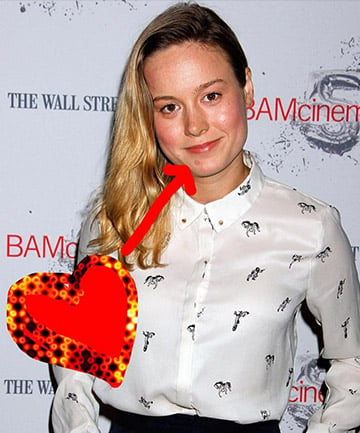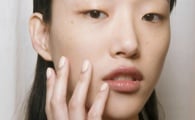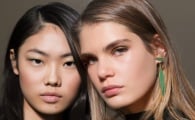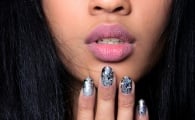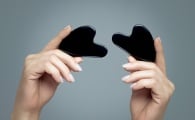Skin Care
Pimples Are Officially Cool, and These Celebs and Influencers Prove ItThe skin-positivity (or acne-acceptance) movement is growing thanks to shifting cultural values and acne-prone influencers speaking up. |
Pimples and social media: both are basic — and largely unavoidable — parts of everyday life, at least in this day and age. And both have the ability to make us feel incredibly ostracized.
Acne, despite being universal — it's the most common skin condition in the United States, affecting between 40 and 50 million Americans at any given time — still elicits judgment, as if it only happens to the dirty or genetically un-blessed. And despite the fact that it's often aggravated by beauty products, we're still told (by companies with a stake in the matter) to cover it up.
Meanwhile, we spend so much time on our iPhones that they may as well be considered appendages, despite the fact that many a study has suggested that social media, for all the ways it makes our lives easier and more connected, can also have a negative effect on our mental state. Taking in others' meticulously curated lives, dilly-dallying through photo sharing apps instead of living in the moment — these things are depression-inducing (not to mention time- and attention-span-killing).
But we realize this. And so we, as a society, are beginning to change how we treat pimples (and physical "flaws" in general) and social media. We're caring for ourselves better, embracing our human qualities (regardless of the messaging we receive from beauty and fashion communications) and using social media in the best way we know how — to uplift one another, build empowered communities.
Click through the slideshow to see how those with social media clout (read: celebrities, YouTube vloggers, Insta-stars) are pushing the skin-positivity (or acne-acceptance, take your pick) movement forward.
Cover image via @7Kellx
Image via @brielarson
This article originally appeared on TheFashionSpot.com
SEE NEXT PAGE: Lili Reinhart
Acne, despite being universal — it's the most common skin condition in the United States, affecting between 40 and 50 million Americans at any given time — still elicits judgment, as if it only happens to the dirty or genetically un-blessed. And despite the fact that it's often aggravated by beauty products, we're still told (by companies with a stake in the matter) to cover it up.
Meanwhile, we spend so much time on our iPhones that they may as well be considered appendages, despite the fact that many a study has suggested that social media, for all the ways it makes our lives easier and more connected, can also have a negative effect on our mental state. Taking in others' meticulously curated lives, dilly-dallying through photo sharing apps instead of living in the moment — these things are depression-inducing (not to mention time- and attention-span-killing).
But we realize this. And so we, as a society, are beginning to change how we treat pimples (and physical "flaws" in general) and social media. We're caring for ourselves better, embracing our human qualities (regardless of the messaging we receive from beauty and fashion communications) and using social media in the best way we know how — to uplift one another, build empowered communities.
Click through the slideshow to see how those with social media clout (read: celebrities, YouTube vloggers, Insta-stars) are pushing the skin-positivity (or acne-acceptance, take your pick) movement forward.
Cover image via @7Kellx
Image via @brielarson
This article originally appeared on TheFashionSpot.com
SEE NEXT PAGE: Lili Reinhart









